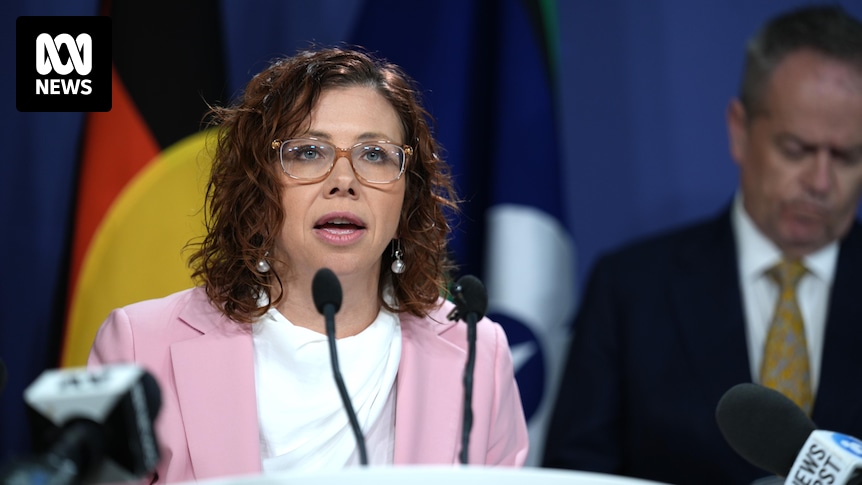The federal government has revealed its response to the landmark disability royal commission, but has not committed to a number of the most contentious recommendations, including phasing out special schools, group homes and segregated employment.
In responding to 172 of the recommendations it has primary or shared responsibility for, the Commonwealth has not committed to introducing a disability rights act or creating a federal disability department.
Wednesday's initial response to the Royal Commission into Violence, Abuse, Neglect and Exploitation of People with Disability, which cost almost $600 million, came 10 months after the final report was released, and four months after the commissioners' recommended response deadline.
Understanding the response:
Accepted (13 recommendations): Accepts or support the recommendation in full.
Accepted in principle (117 recommendations): Accepts or supports the intent but may consider different implementation.
For further consideration (36 recommendations): No position formed yet, which may be due to ongoing inquiries or a need for further consultation.
Noted (six recommendations): Used for recommendations where "it would not be appropriate to indicate acceptance or rejection", which may be due to them being outside the federal government's remit.
The Commonwealth said it would continue to work closely with state and territory governments, as well as people with disability, to implement the reforms.
"Our government is absolutely committed to the vision set out in the disability royal commission and to enabling policy and delivering services that realises the vision of an Australian community where people with disability are free from violence, abuse, neglect and exploitation," Social Services Minister Amanda Rishworth told reporters in Sydney.
Ms Rishworth said the government had accepted in principle the vast majority of recommendations and "no-one could accuse our government of not taking this seriously".
"We agree with many of the recommendations and we've got to think about a few more of the issues that are raised there," NDIS Minister Bill Shorten said. 'Governments remain accountable': Amanda Rishworth on landmark disability royal commission
Most of the 13 recommendations accepted without a caveat were small legislative suggestions or work already underway, such as updating Australia's Disability Strategy.
Recommendations accepted in principle include those to strengthen the Disability Discrimination Act, and improve access to information and interpreters, including Auslan.
The government has pledged $369 million towards this initial response, $227.6 million of which is for an employment program already announced in the May federal budget and also includes $12 million to amend the Migration Health Requirement and $20 million for "grassroots efforts to improve community attitudes around disability".
The controversial recommendation to phase out special schools was listed as "noted" by the Commonwealth, and said the states would continue to be responsible for such decisions.
It also said recommendations on guardianship laws, ending non-therapeutic sterilisation, supported decision-making and the justice system were the responsibility of, or better looked after by, the states and territories.
Recommendations to phase out segregated employment by 2034 and group homes within 15 years were listed as needing further consideration, as was the co-design of a new complaints mechanism and a new scheme allowing employees with disability to be paid at least half the minimum wage.
States and territories are also expected to unveil their responses today.
Timeline
- April 5, 2019: Royal commission established
- May 13, 2021: Extension granted
- September 29, 2023: Final report released with recommended response deadline of March 31 2024; response taskforce announced
- March 5, 2024: Governments acknowledge they'll miss deadline and push back response until "mid-year"
- July 31, 2024: Response released, 10 months following final report
'Harrowing evidence'
The nearly four-and-a-half-year royal commission made 222 recommendations in total calling for sweeping changes across all parts of society.
Some 10,000 people shared what the commission's final report said was "harrowing evidence" about violence, abuse, neglect and exploitation that occurred in the community, in homes and in places where people with disability access services.
That included instances of sexual assaults of people with disability by carers, children being removed from their mothers immediately after birth, forced sterilisation and workers being paid $2.50 an hour for manual labour.
When the final report was made public last year, commissioners recommended governments respond by the end of March 2024.
Federal, state and territory governments missed that deadline and pushed their responses back to "mid-year" due to the "scale and complexity of reform recommended, and the importance of consulting widely".
- Beetle_O_Rourke·5 months ago


